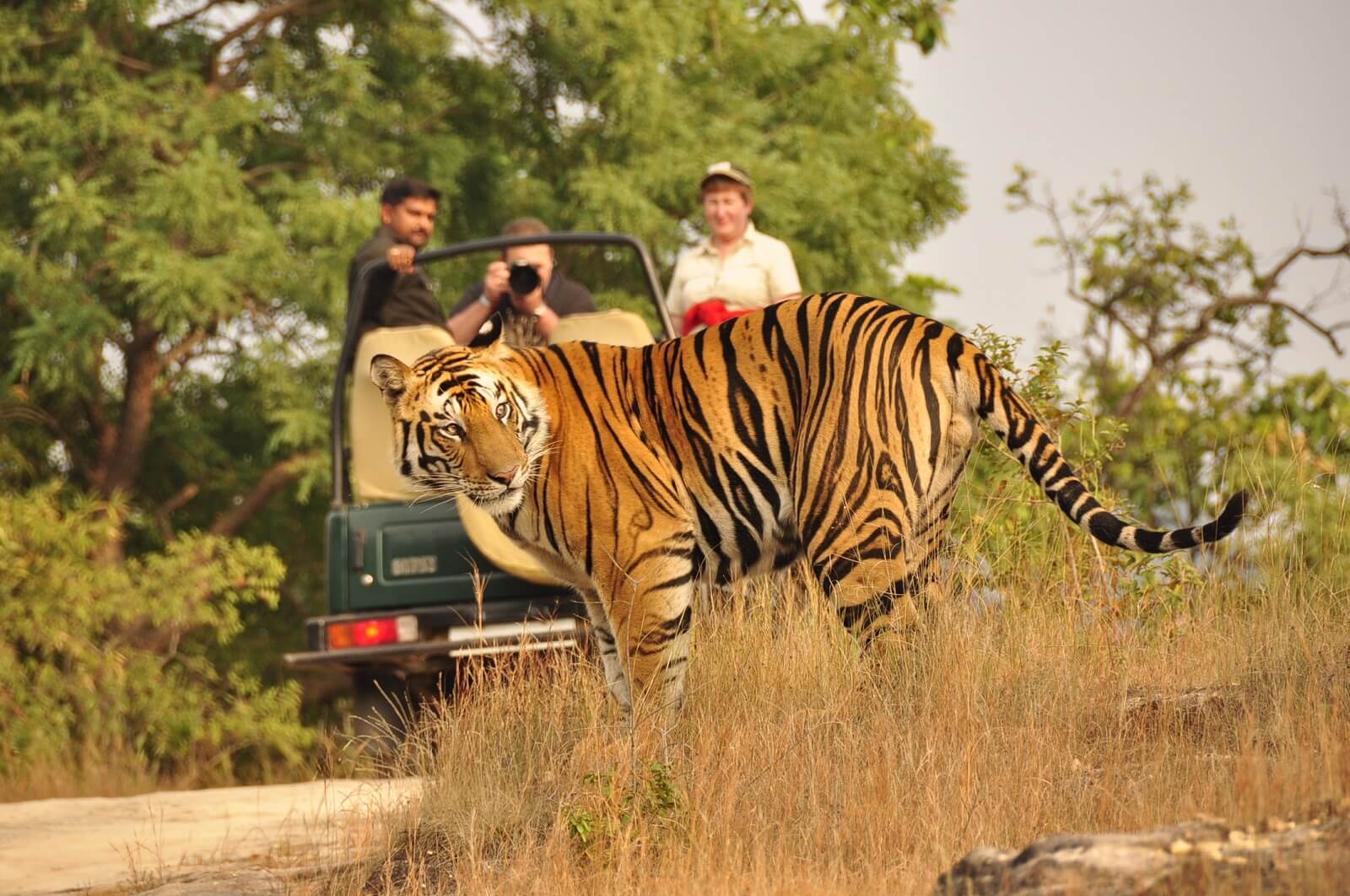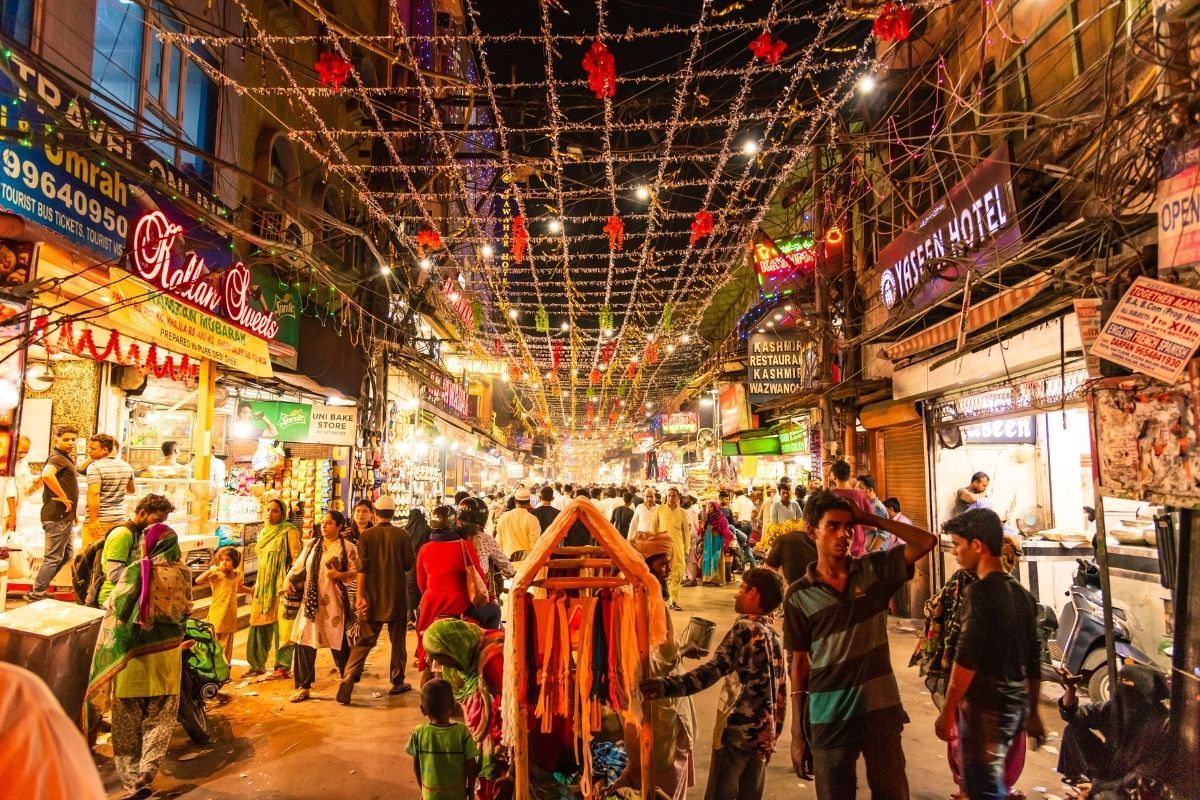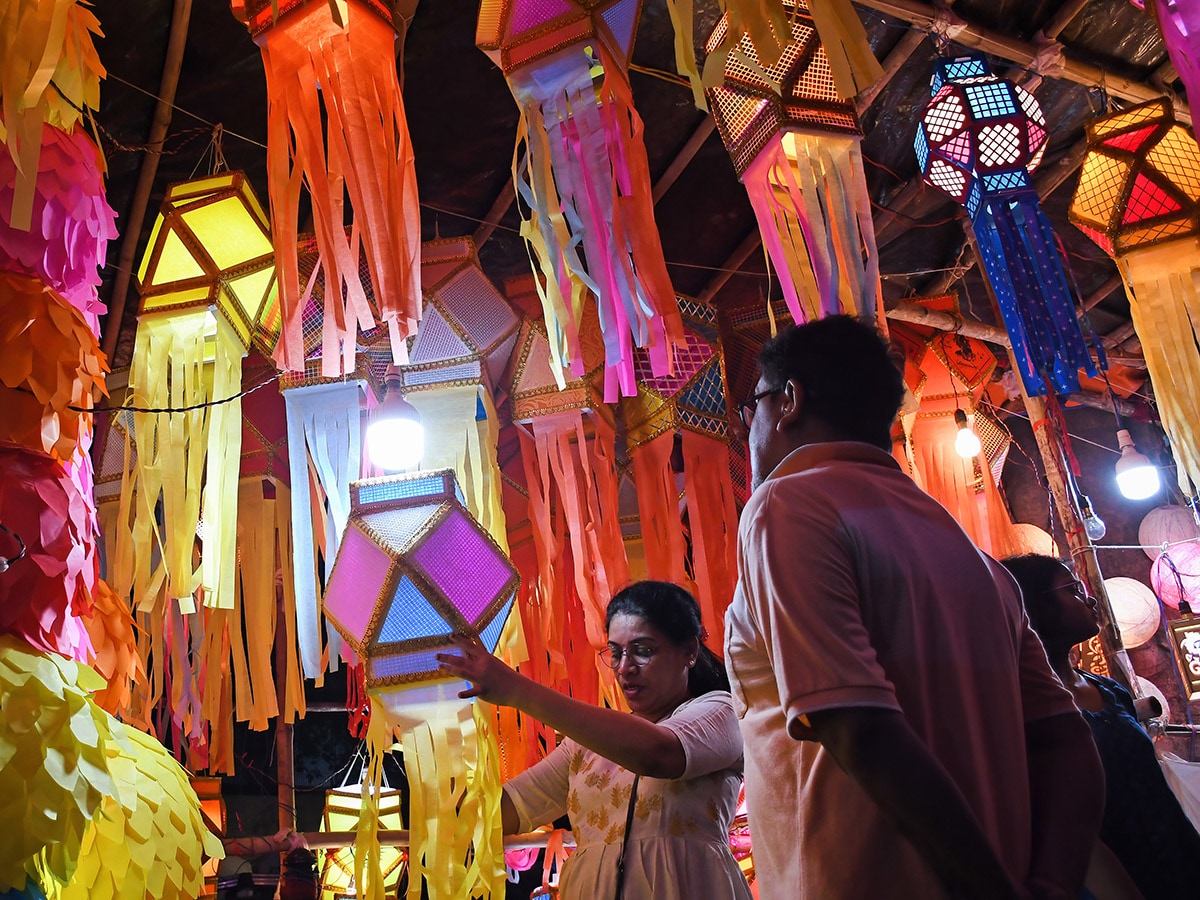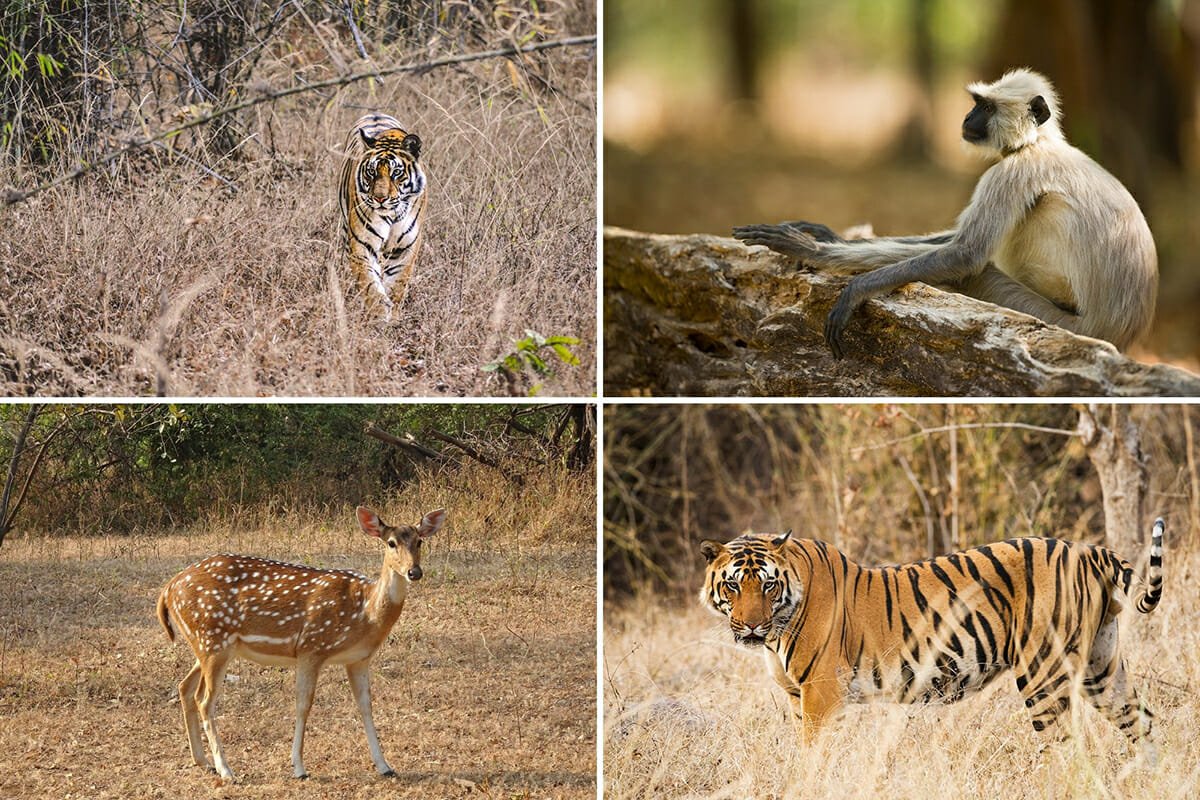Wildlife Tourism in India
by
Wildlife tourism is very quickly becoming a very important part of the Indian tourism product. And I would guess rightly so, given the fact that, after Africa, India perhaps has the most species of endangered wildlife that one could see in the wild. The star attraction of India's National parks is, of course, the Royal Bengal tiger, and this majestic animal is certainly the main draw for the wildlife tourism in India.
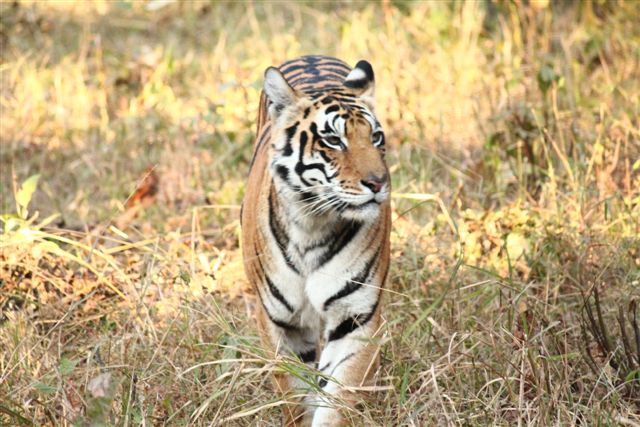
India now has almost 40 notified tiger reserves spread across the country, from Kaziranga and Manas in the east to Tadoba in the west, from Corbett in the north to Periyar and Bandipur in the south. The big plus point of having so many Tiger reserves is that one can combine and include the nearest one into an India itinerary easily and even those not coming for a wildlife only focused trip, can easily fit in a few days at one India's many National parks.
Having been in the industry for almost 30 years now, I've been lucky to have had a chance to visit quite a few of the Tiger reserves, as well as interact with several wildlife enthusiasts from across the world. The general consensus is that the Tiger is definitely the most regal and majestic of all mammals, and irrespective of how many times one has seen a Tiger, the thrill of spotting a Tiger in the wild, remains and does not diminish with repeated sightings. After a recent trip to Africa, where we saw lions in the wild, I was actually wondering as to whether the Lion actually deserves its title of "King of the Jungle", in my view, and plenty of people actually agreed with me on this, that, the Tiger actually has a larger presence, and greater karishma.
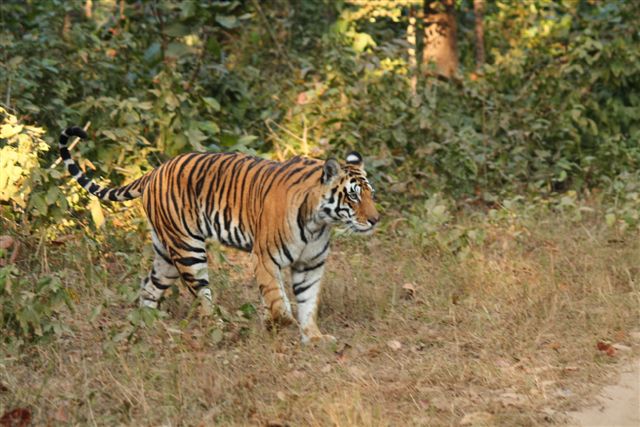
The Indian wildlife experience is actually very different from the African safari experience, and it is extremely important for travelers to understand this fact. Africa has an abundance of wildlife, so a tourist traveling to lets say, Kruger, is sort of guaranteed sightings of all the big 5, perhaps within the first few hours of entering the reserve, whereas, even in Bandhavgarh, the National Park with a good Tiger population, it is possible to have done half a dozen safaris and still not having sighted the Tiger !!
In the last couple of months, there had been a lot of uncertainty regarding the opening of the National Parks, which was subject to the decision of the Indian Supreme Court. Fortunately, the Courts did allow the Parks to open, and it is now back to business as usual. As a consequence of this, there have been some changes in the rules and regulations. The number of vehicles allowed into the Parks has been further curtailed, thereby making advance reservations all the more important, and also, the Central Indian reserves of Kanha, Bandhavgarh, and Pench are now completely closed every Wednesday.
One of the other positives in recent times has been the opening of several boutique lodges in the vicinity of the National Parks. Unlike Africa, even the Luxury lodges are not situated within the forests, but are outside, but, there are now a few Jungle lodges and camps in India, that are at par with the finest in the world. In addition to the Taj Safari lodges in Pench, Kanha, and Bandhavgarh, others that stand out are, the Samode Safari Lodge in Bandhavgarh, Singinawa, Flame of the Forest and Shergarh in Kanha, Forsyth’s Lodge in Satpura, and there is, of course, the Sherbagh tented camp in Ranthambhore.
The author, Kapil Goswamy, is the CEO/Managing Director of Trans India Holidays, in New Delhi, India.

